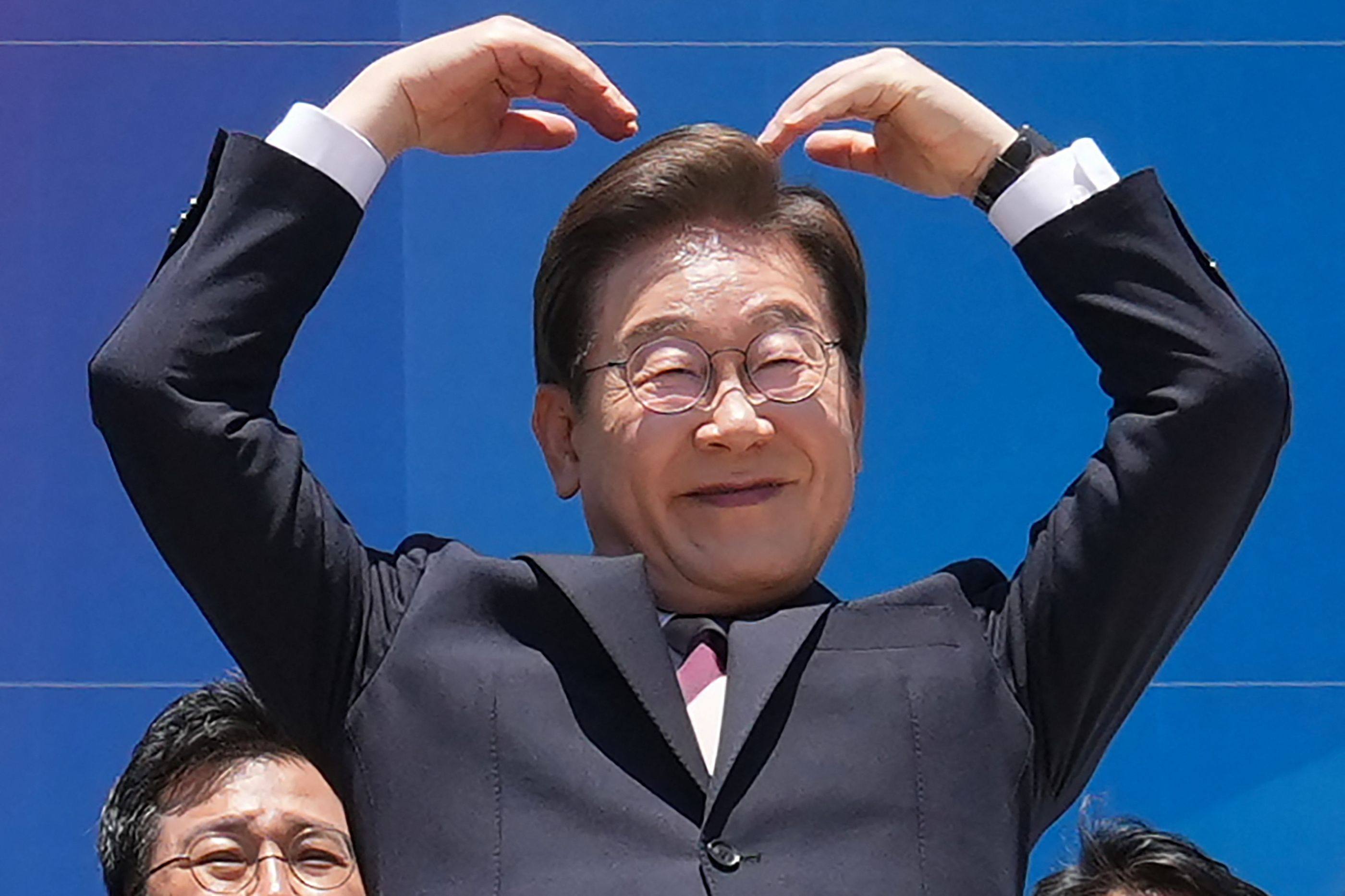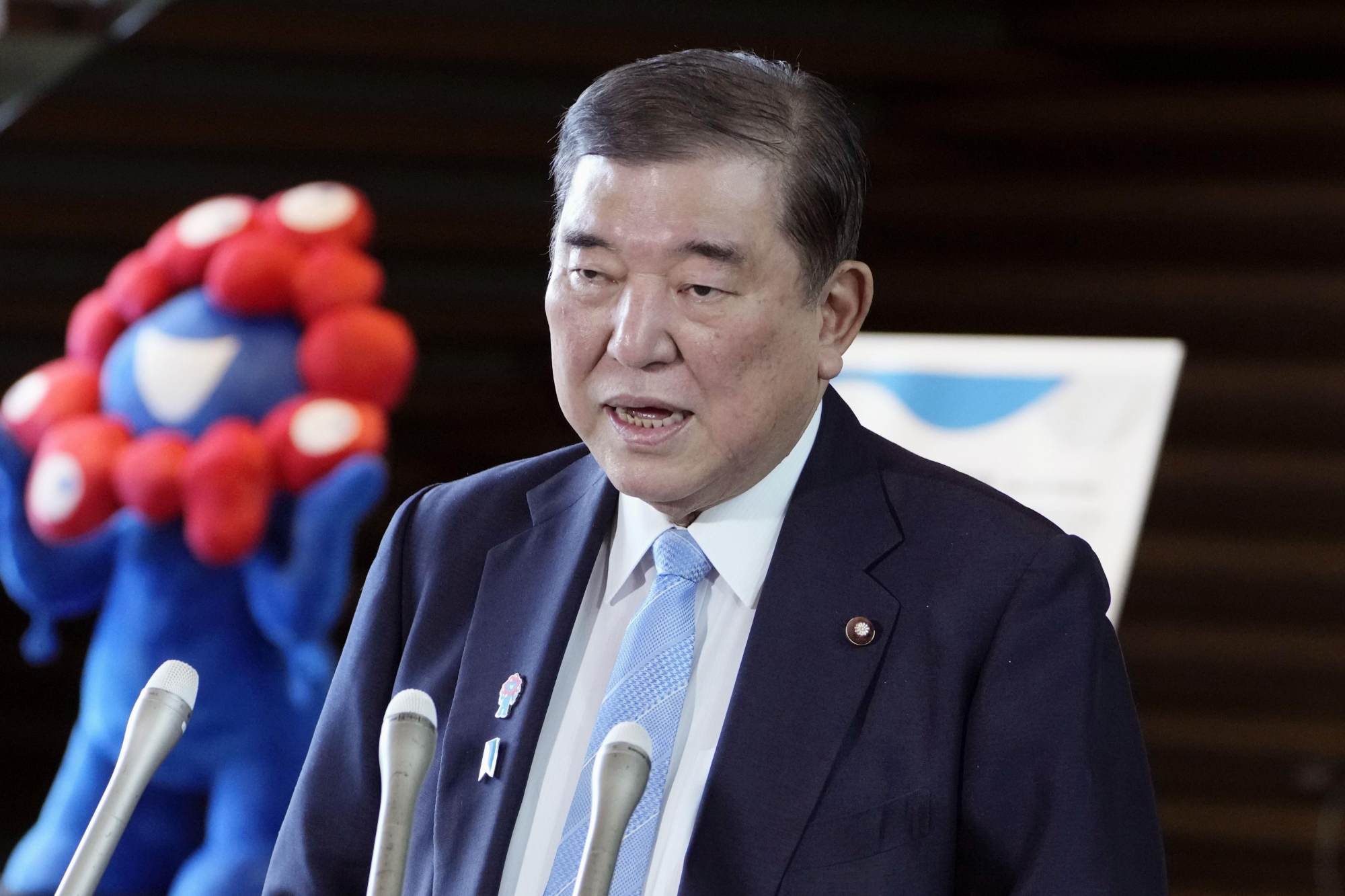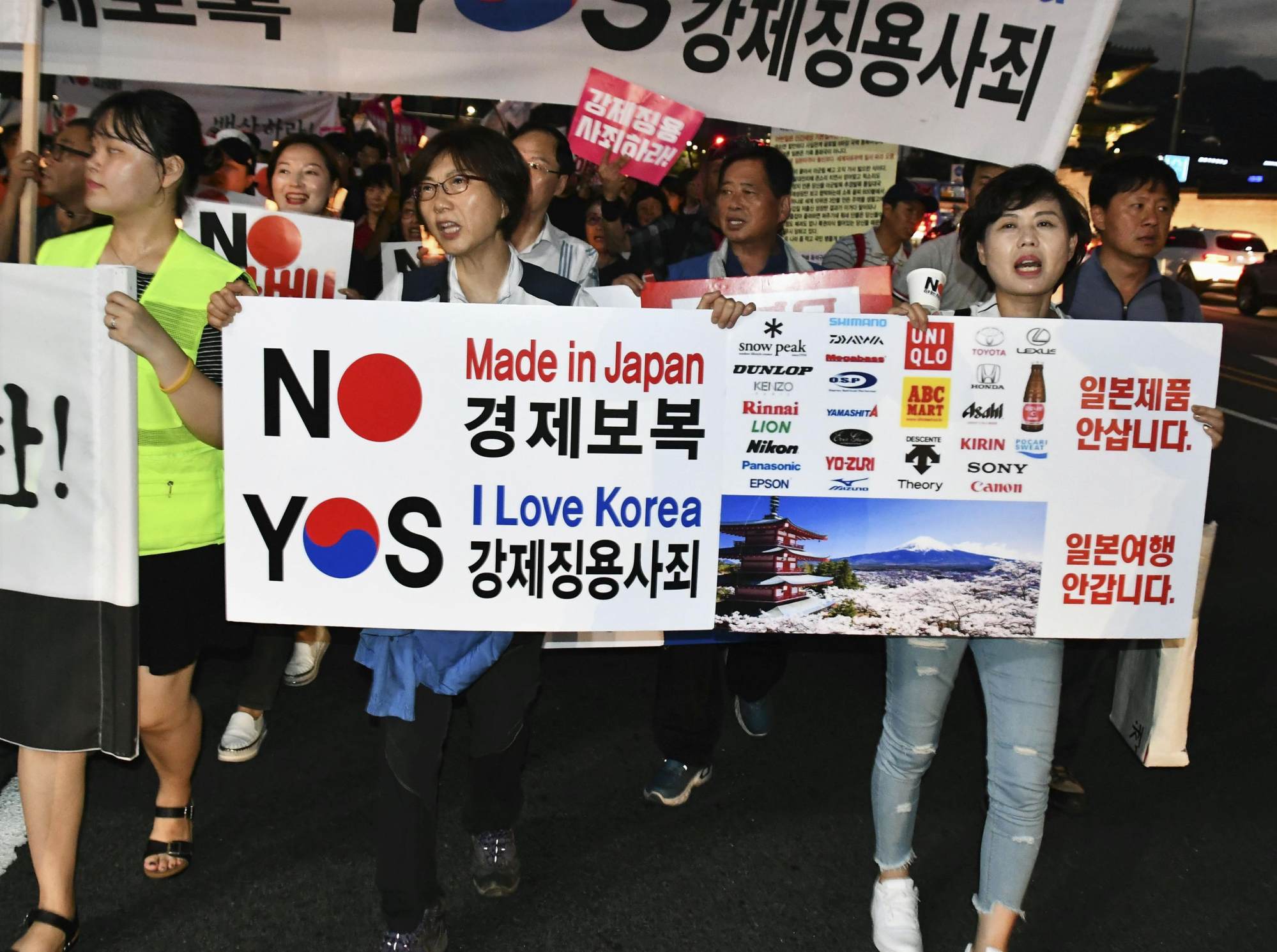South Korea’s Lee pledges warmer ties, but past tensions leave Japan ‘worried’
A minor bilateral misstep or the need to push a nationalist agenda could see ties spiral to the lows of 2019, analysts warn

South Korea’s newly inaugurated President Lee Jae-myung has pledged to pursue warmer ties with Japan, but analysts caution that optimism may be premature, citing his past criticism of Tokyo’s wartime actions and fears he could reignite anti-Japan sentiment to bolster domestic support amid economic challenges.
Within hours of taking office, Lee struck a conciliatory tone, calling for collaboration in areas such as trade, security and culture.
“We can identify mutually beneficial areas in the economy, security, technology and cultural exchanges. Through this, we can pursue friendly relations and shared prosperity,” he said on Wednesday, according to Yonhap News.
“I hope the two countries will collaborate where possible and address differences as needed, without mixing up current issues,” he added.

Japanese Prime Minister Shigeru Ishiba returned the diplomatic nicety the same day, telling reporters at his office that he hoped to be able to arrange a Japan-South Korea summit “as soon as possible”.
“I hope to work with President Lee to promote Japan-South Korea and Japan-US-South Korea cooperation,” Ishiba said.
Yet, analysts say there are fears in Tokyo that a minor bilateral misstep or the need to push a nationalist agenda could see the relationship once again spiral to the lows that it experienced in 2019, when Moon Jae-in was in the Blue House in Seoul and Shinzo Abe was prime minister in Tokyo.
“Japan is worried,” said Toshimitsu Shigemura, a professor of politics and international relations at Tokyo’s Waseda University, pointing out that when Yoon Suk-yeol was president, Lee accused Japan of failing to atone for its brutal rule of the Korean peninsula in the early decades of the last century.
He also said Yoon’s effort to improve relations with Tokyo was “humiliating diplomacy towards Japan”.
“The things that Lee is saying now are quite different from before, so I think Tokyo has good reason to closely follow his policies and plans going forward,” Shigemura told This Week in Asia.
“I very much expect the Japanese government to demonstrate friendship and support to Lee in the hope that he will continue Yoon’s approach towards Japan,” he said. “But, of course, the historical issues that have always caused problems in the relationship have not been solved, and there are many on the far left in Korea who may seek to raise those issues once again.”
Since Japan’s defeat in 1945, bilateral ties have been rocky, with most Koreans insistent that Japan has not apologised adequately for its years of often brutal colonial rule, as well as the use of forced labourers and “comfort women” in military brothels before and during the conflict.
The disagreements continued after Japan’s surrender, most notably over the sovereignty of an isolated island halfway between the peninsula and Japan that is controlled by South Korea and known as Dokdo. Tokyo claims the territory, which it refers to as Takeshima.
Japan insists that all claims for compensation were settled under the terms of a 1965 treaty that normalised relations between the two countries and saw Tokyo pay US$500 million in compensation, although that was challenged under Moon’s administration by former labourers and “comfort women” filing lawsuits to demand additional redress.
The dispute became increasingly bitter, with Japan in July 2019 removing South Korea from its list of trading partners and Seoul responding with an identical move the following month. Japan also placed restrictions on exports of chemicals critical for the South’s semiconductor industry and hinted at travel restrictions; as tempers flared, Koreans responded with an unofficial boycott of popular Japanese brands of everything from beer to cars.

Shigemura believes a similar set of circumstances could arise again in the future.
“South Korea is facing some serious domestic economic problems, tariffs have hit its auto and metals sectors hard and [US President Donald] Trump has hinted that he might withdraw troops from the peninsula if Seoul does not pay more,” Shigemura said.
“All of that is very destabilising and could cause unrest among the public. If this government senses that its support is falling, then it could adopt some anti-Japanese policies and positions in order to increase domestic support,” he said.
“We have seen that tactic be effective in the past and it could easily happen again.”
Japan is also concerned that Lee will attempt to rebuild ties with North Korea, potentially undermining the trilateral security alliance with the US that was forged under Yoon.
“Japan cannot say anything to South Korea about this matter, but they are watching very closely and they are worried,” said Yakov Zinberg, a professor of international relations at Tokyo’s Kokushikan University.
“Moon worked hard to build relations with Pyongyang and he met Kim Jong-un in person, but that was a very different time because Kim had not yet allied with Russia.”
With North Korea “militarily and diplomatically stronger today”, Zinberg pointed out it was “no coincidence” that Russia’s former defence minister Sergei Shoigu was in Pyongyang when election results were announced in South Korea.
“Ultimately, Japan has no choice but to try to continue working with the South, and it can only hope that the situation does not deteriorate to the tensions that we saw when Moon was president,” Zinberg said.